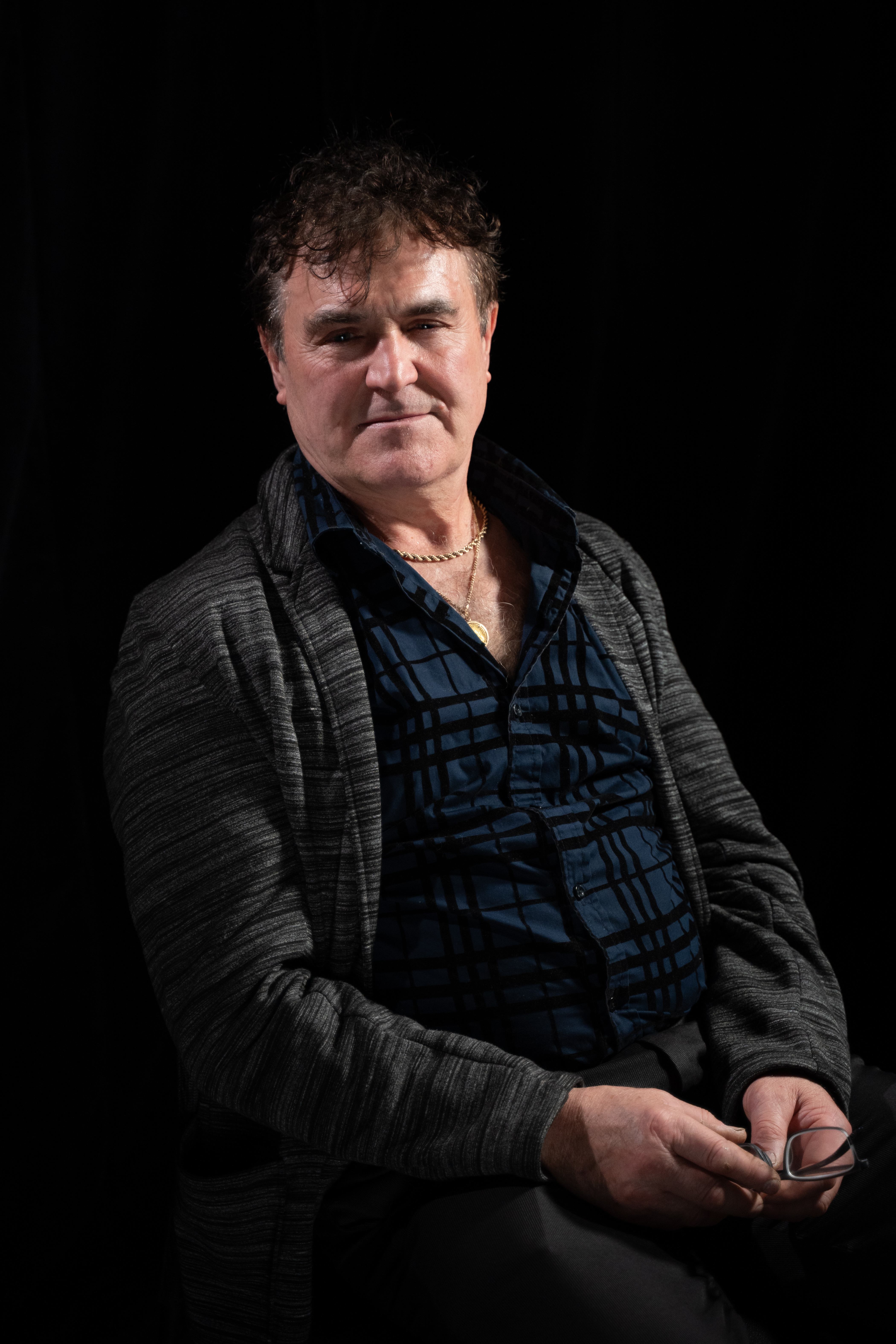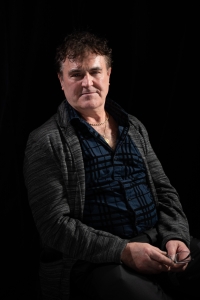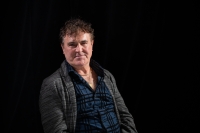“There’s no need for me to go home, because there it will be the same as here, but here I know that I earn well... so as long as it takes for people to earn well there, it will take time... and as I heard that everyone has to go to Germany, to Netherlands, that there is a lot going on, that half the village is gone, so why am I going there when I have to go to Germany, to Netherlands...”

Download image
Andrej Sziszak was born on October 29, 1957, in eastern Slovakia in Čičarovce, into a family of Hungarian origin. He was not an only child, as he had an older brother, Albert, who was four years older. Mother Etela, unmarried Majrošová, was a native of Čičarovce. She came from a peasant but very rich family that owned a lot of land. This is also why Etela did not have to rush to work, but later, after the communist regime took over, she worked as a local innkeeper. Andrej inherited his Hungarian roots from his father, Ondrej Sziszak. His family belonged to the Russians and originally came from the vicinity of Snina. Grandfather Ondrej was one of the wealthy local businessmen who ran coal warehouses. Parents Etela and Ondrej got married in 1952. In the fifties, little Andrej also saw the light of day, who was born in very favorable conditions, as the house already had heating, a boiler and, as one of the few, even a toilet. In 1962, Andrej joined the local elementary folk school in Čičarovce, where classes were only in the Hungarian language. As there were few Slovak teachers in the village, the Slovak school was not established. He also experienced the period of a spark, a pioneer or, later, a binder. From an early age he was involved in sports, especially running. He was even nicknamed the gazelle, for his speed and excellent time results. After five years, Andrej transferred from the sixth grade to the Elementary school in Veľké Kapušany. Only in Kapušany did he learn Slovak well. In 1972, he began attending a secondary vocational school in Žilina, majoring in mechanics, measuring control devices. He wanted to work in the nearby power plants, so his choice was clear in advance. Andrej finished his last year of high school in Veľké Kapušany, where they opened the same department. He thus became a successful graduate in 1976. Subsequently, he obtained a position at Elektrárne Vojany. After a short break, in 1977, he had to join the mandatory military service in the czech Klatov. Andrej’s first wife was a local Russian, Anka Tepláková, who originally worked in power plants, where they met. They married in 1980 and had sons Frederik and Patrik. In 1985, when Andrej’s wife was pregnant for the second time with his son Patrik, Andrej obtained permission to travel to the former Yugoslavia, from where he managed to emigrate to Italy. He spent a year there and after obtaining a visa, his final destination was the United States, where he arrived in May 1986. Specifically, he flew to New York, from where he was transferred to Dallas, Texas. He worked as a courier, a repairman, a super assistant, until he finally landed for 26 years as a superintendent in an apartment building in New Jersey, where he himself got an apartment in which he practically lived for free. Over time, he had two daughters, Emiliana and Georgana, with his second wife, Indian Costilla, whom he married in 1991. Currently, Andrej has not lived with his second wife for seven years and they are currently in divorce proceedings. As he retired in February 2023, he left New York and decided to take refuge in a quieter place. However, he did not leave his job completely and as a trained electrician still earns extra income occasionally.

